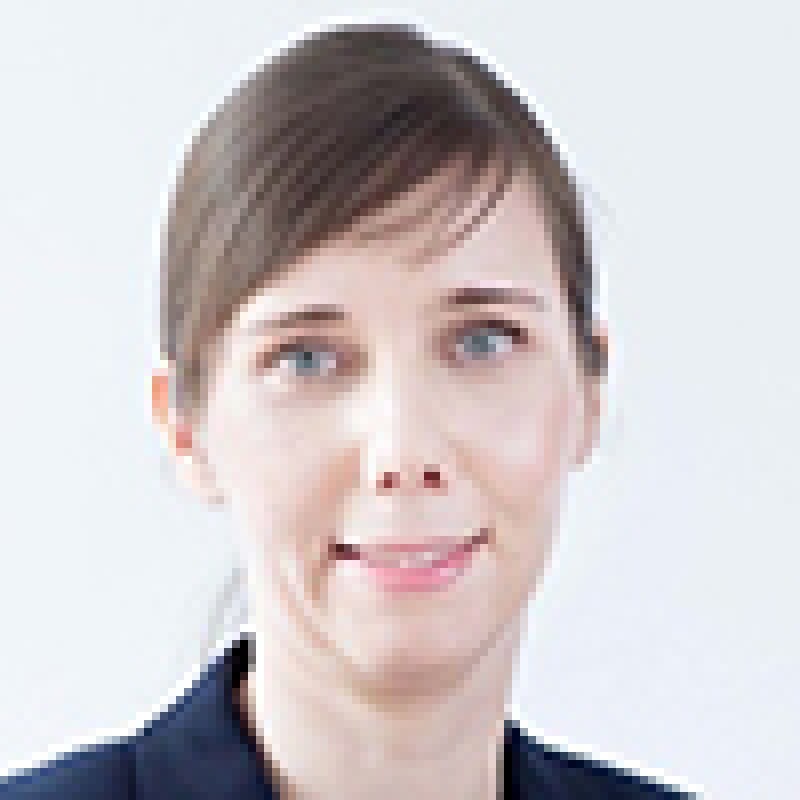In Drahtloses Kommunikationsnetz (X ZR 14/17), the German Federal Court of Justice had to deal with a prior art disclosure that had been published online. Internet publications are published at the same time in different time zones on different local dates.
The disclosure in question was published online at 8:36 CET on January 8 2008 on a European server. Due to the time difference, the document was available in Hawaii on January 7 2008 local time. The plaintiff claimed that the disclosure's publication date was January 7 2008.
Three different scenarios were discussed:
(i) The publication date of a disclosure is determined by the time zone of the patent office receiving the patent application. Even if a disclosure is published in Hawaii at an earlier (local) date, the relevant date is the (local) date at the patent office at the time of publishing the disclosure (applied by High Court, Birss J [2015] EWHC 3366, Court of Appeal, Gross LJ, Floyd LJ, Arnold J, [2017] EWCA Civ 266 - Unwired Planet International Ltd v Huawei Technologies Co Ltd; EPO Opposition Division - 03 012 734.4).
(ii) The publication date of a disclosure is the local date where publication occurs. In case of an internet upload, this should be according to the geographical location of the person/entity uploading the disclosure.
(iii) The publication date is considered the earliest local date of any location where the prior art disclosure became available. Hence, the publication date of an online publication is the local date of the time zone with the earliest time where the disclosure is available (applied by EPO, 09 733 661.4).
The court rejected scenario (iii), holding that there is no basis for extending the time of a disclosure beyond the geographic location of the publication. Further, scenario (iii) requires determining the exact time (hour, minute) of publication, which may cause difficulties.
Regarding scenarios (i) and (ii), no ruling was made, since both scenarios yielded the same result in the situation in question. Scenario (i) avoids a circumstance where a disclosure published after filing the application becomes prior art. However, it is necessary to determine the time of publication exactly in order to determine the local date at the receiving office.
For scenario (ii), the exact time of publication is not relevant. This scenario accords most with the principles applied by the PCT. For example, when filing priority applications and subsequent applications, the local date at the respective filing office is decisive. However, the second scenario does not rule out the possibility that a disclosure published after filing an application can become prior art.

|
Julia Mössinger |
Maiwald Patentanwalts- und Rechtsanwaltsgesellschaft mbH
Elisenhof, Elisenstr 3
D-80335, Munich, Germany
Tel: +49 89 74 72 660
Fax: +49 89 77 64 24











